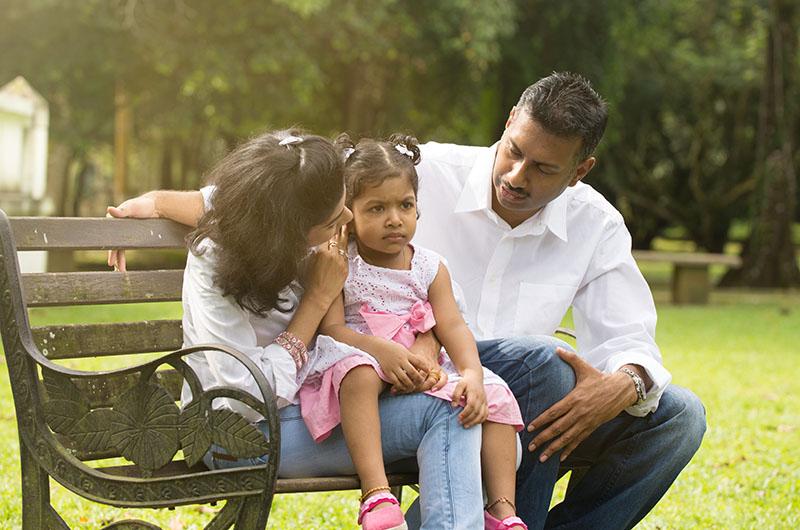Special Educational Needs and Disabilities (SEND)

Many children and young people have Special Educational Needs (SEN) at some time during their education. A child or young person with SEN may find it harder to learn than other children of the same age. Special educational needs may include:
- behavioural or social problems, for example difficulty making friends
- difficulty with reading and writing, for example dyslexia
- problems with concentrating, for example attention deficit hyperactivity disorder (ADHD)
- a medical condition which affects learning
- a sensory or physical need which affects them in school, for example being blind or deaf
Your child's first 5 years are a very important time for their development. This is when special educational needs and disabilities are often identified for the first time. The earlier that special needs are identified the better your child’s chances of reaching his or her full potential. Getting the right advice and support for you and your child can make a real difference.
Pre-school children
Your maternity team is there to support you when your child is born. NHS and the council's Public Health services regularly check the health and development of all children from birth through to school age. You can talk to your GP or health visitor if you are worried about your child’s development, behaviour or other needs. If your child is in a nursery, you can talk to the nursery staff. If your child is found to have special educational needs, your health team will tell you about the support that you and your child may need.
Find out more at Childrens Public Health Service (0-19)
School-Aged Children
If your child is at school and you are concerned about his or her development, behaviour or progress, talk to your child’s teacher and the school’s Special Educational Needs Co-Ordinator (SENCO).
Teachers in early education and schools are trained to identify SEN, and every school has a policy on identifying and supporting children with SEN. To find out more about your school’s policy and the name of the SENCO, go to the school’s website. You can find links to the websites of local schools in the find a school section.
Young people aged 16 and over
If you are a young person aged 16 or over, it is likely that your needs will already be identified by this time. Sixth form and further education colleges will ask about your learning needs and/or disability when you apply and there are staff at every college who will work with you to plan the support you need.
See preparing for adulthood for more information.
